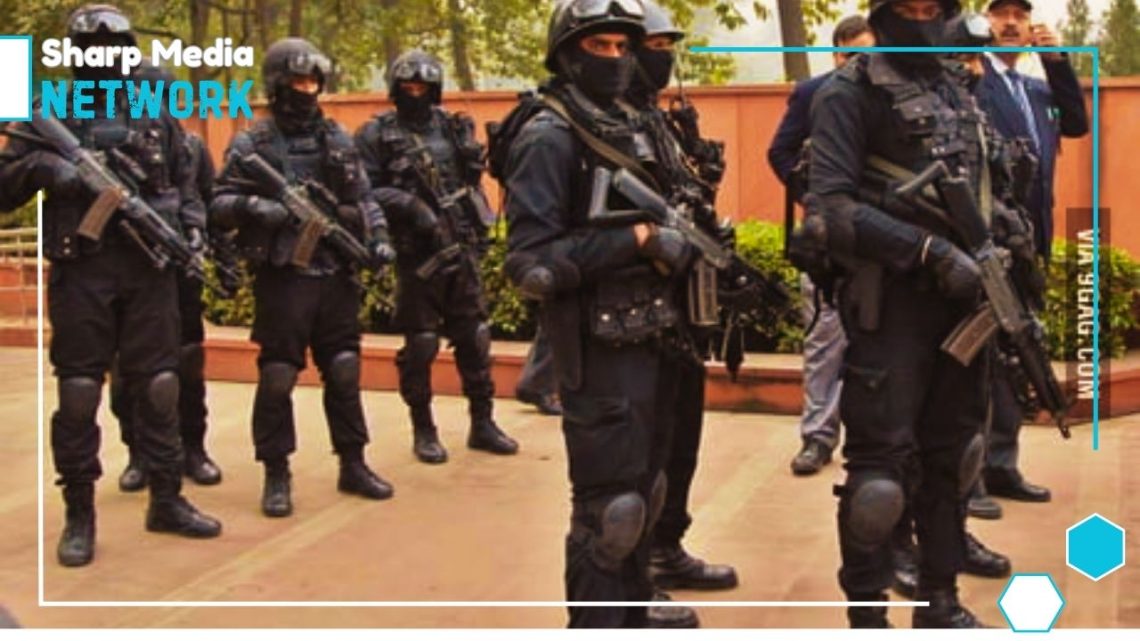
India Escalates Militarization in Jammu with NSG Deployment amid Rising Resistance
November 28, 2024India has intensified its military footprint in Jammu, Indian Illegally Occupied Jammu and Kashmir (IIOJK), by deploying a permanent National Security Guard (NSG) commando unit, widely recognized as the “Black Cats.” This move comes amidst escalating armed resistance in the region, signaling a further tightening of the militarized grip over the territory.
The NSG unit is expected to address emergency situations with quicker response times, eliminating delays previously encountered due to deployments from Delhi or Chandigarh. The deployment underscores the increasing unrest in areas like Kathua and Poonch, where resistance against Indian control has grown substantially.
Tasked with bolstering the already massive security apparatus, the NSG will work alongside the Indian Army and local police forces in the Jammu region. They are also positioned as backup support for existing frontline units, such as the Special Operations Group (SOG) and paramilitary forces. While Indian authorities have withheld specifics on the unit’s size, they claim the commandos are equipped to handle diverse threats effectively.
This latest move reflects India’s deepening reliance on elite military forces to suppress resistance in IIOJK, where locals continue to resist occupation despite heavy-handed tactics. Observers note that the deployment of the NSG, traditionally used for high-stakes anti-terror operations, marks an alarming escalation, blurring the lines between military engagement and civilian oversight in the region.
Critics argue that such measures highlight the Modi government’s failure to address the underlying political grievances fueling the unrest. Instead of seeking dialogue or addressing the aspirations of the Kashmiri people, New Delhi appears committed to a strategy of suppression, treating the region as a war zone rather than a disputed territory.
The presence of the NSG also raises concerns about human rights violations. Similar deployments in other regions have often been accompanied by accusations of excessive force, extrajudicial killings, and targeting of civilians under the pretext of counter-insurgency operations.
The growing militarization of IIOJK, especially with the addition of elite units like the NSG, further alienates the local population and exacerbates tensions. This policy of militarized governance, critics warn, only deepens the divide between the region’s people and New Delhi, pushing peace and resolution further out of reach.
As resistance continues to grow in IIOJK, the deployment of the NSG underscores the Indian state’s inability—or unwillingness—to seek solutions beyond brute force. It remains to be seen whether such measures will suppress resistance or fuel further unrest.

